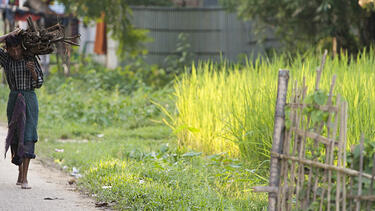Ahmed Mushfiq Mobarak
Skilled Workers Flee from Polluted Cities, Hampering Economic Growth
In China, highly educated people are more likely to move away from areas with poor air quality. Reducing pollution could substantially increase GDP there and in other countries, according to a new study co-authored by Yale SOM’s Mushfiq Mobarak.
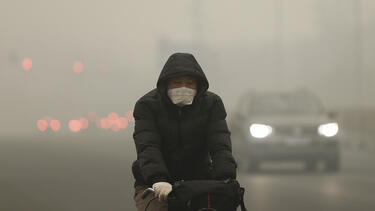
How COVID-19 Is Making Gender Inequality Worse in Low-Income Countries—and What to Do About It
Gender disparities in social and economic outcomes, already larger in the developing world than in rich countries, have been exacerbated by the pandemic. Policy action is badly needed to address the compounding of existing inequalities and protect the most vulnerable women.
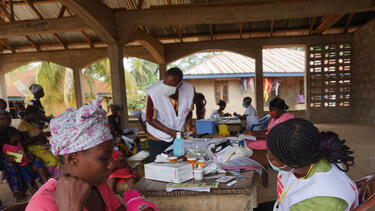
Seeking Scalable Solutions to Poverty
Prof. Mushfiq Mobarak describes the arc of his research on scalable, evidence-based policy responses to poverty and how existing research tools have been applied to fight COVID.
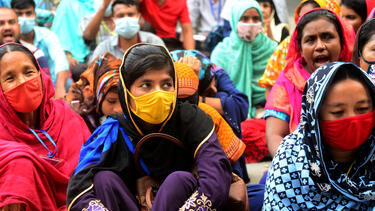
Study Examines Spread of COVID-19 among Rohingya Refugees in Bangladesh
Yale SOM’s Mushfiq Mobarak and his co-authors investigated the prevalence of the disease in the crowded refugee camps and offered recommendations to slow its spread.
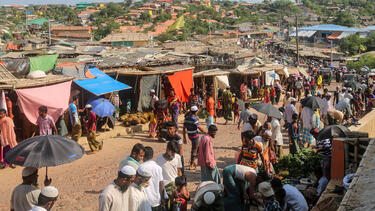
Responding to COVID-19 in the Developing World
The mass social distancing strategy being used to mitigate the spread of COVID-19 in the United States and Europe doesn’t easily translate to a developing country like Bangladesh, which lacks the capacity to impose restrictions or provide a social safety net for the unemployed.
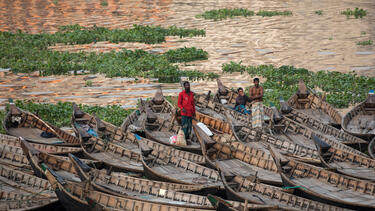
When Women Speak, Do People Listen?
In a study of farming villages in Malawi, Yale SOM’s Mushfiq Mobarak and his colleagues found that women’s performance on communication tasks seemed to be hindered by how other people received their work.
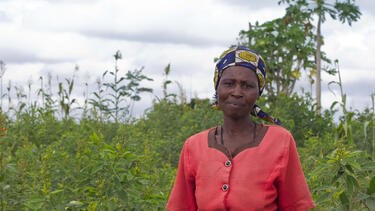
Study Leverages Peer Effects to Encourage Adoption of Hygienic Latrines
Consumers often aren’t willing to take a chance on a new product until their neighbors do. A new study investigated the use of targeted subsidies that leveraged such "peer effects" to spark adoption of hygienic latrines, which reduce the spread of pathogens.

Can the Microcredit Model Be Improved?
Studies suggest that the long-term impact of microfinance is limited. Yale SOM’s Mushfiq Mobarak and the University of Chicago’s Vikas Dimble write that the much-touted policy tool can help more people by modifying and extending its model.
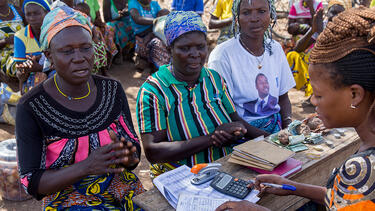
Experiment to Save an Endangered Fish Holds Lessons for Policymakers
Randomized control trials may offer a tool for cost-effective, evidence-based policy making and perhaps even a deeper understanding of human behavior.
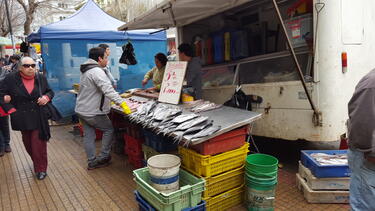
Can a Bus Ticket Prevent Seasonal Hunger?
Could something as simple as a bus ticket keep hundreds of millions of people from going hungry in the months between planting and harvest?
